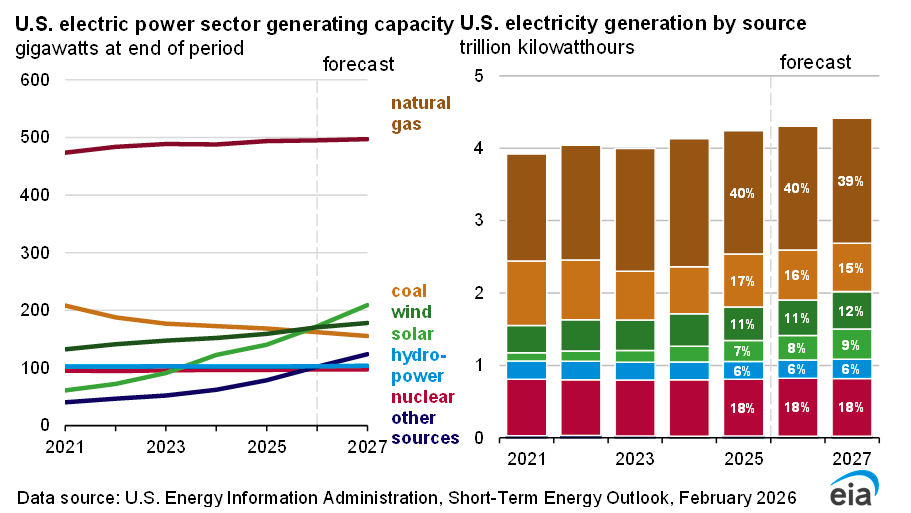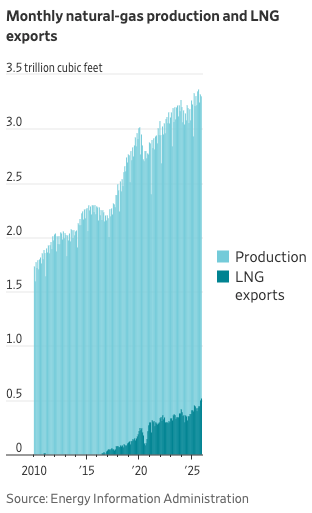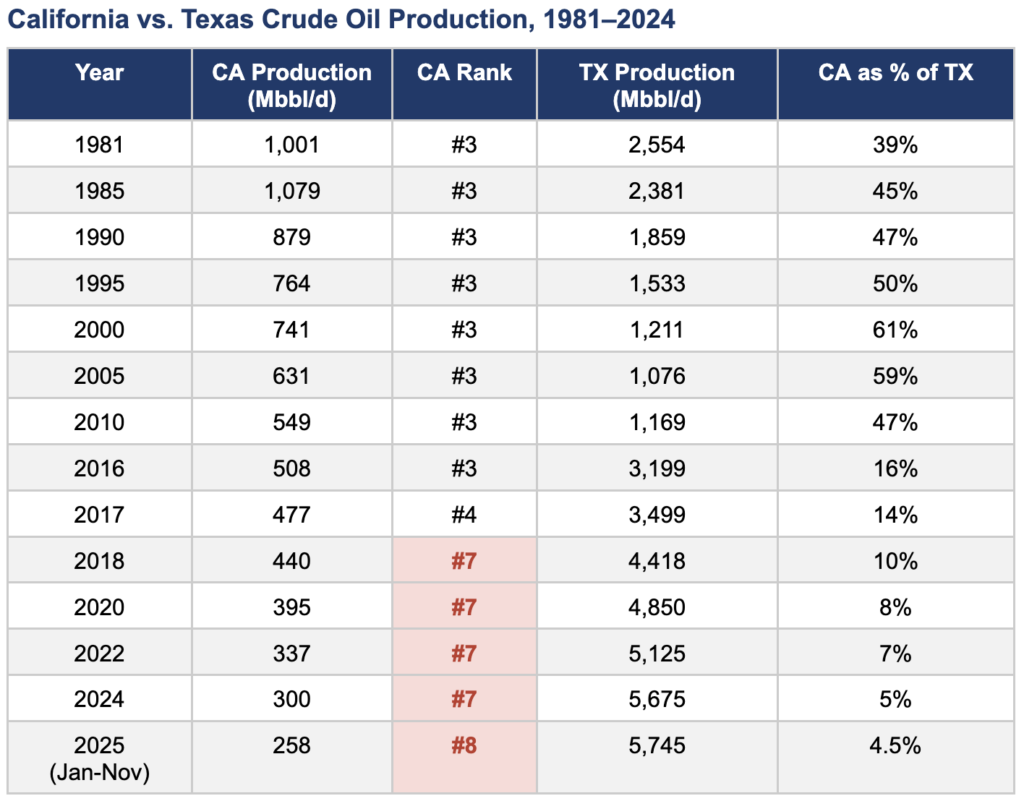WASHINGTON DC (03/03/2026) – Last week, a judge in North Dakota ordered Greenpeace to pay damages totaling $345 million to pipeline company Energy Transfer. This comes after a 2025 North Dakota jury found them liable for conspiracy and trespassing, among other charges, for efforts to sabotage the Dakota Access Pipeline.
American Energy Alliance President Tom Pyle released the following statement:
“This latest judgment against Greenpeace marks a decisive win for America’s ability to deliver energy to consumers. For years, certain activist organizations have engaged in disruptive and, at times, unlawful activities aimed at halting critical infrastructure projects, including pipeline development. These actions have threatened worker safety and community well-being, damaged property and the environment, and impacted all those who depend on affordable, reliable energy.
“Since entering service, the Dakota Access Pipeline has lowered transportation costs and generated roughly $750 million in additional proceeds for public use in North Dakota. It has become a cornerstone of the state’s economy, where innovative oil and natural gas development accounts for nearly one-third of its economic activity.
“This recent judgment underscores the importance of accountability and the rule of law. And while it is an encouraging milestone, our judicial system must stand firm in holding these obstructionists accountable for their unlawful actions, as they inevitably appeal the ruling. Our energy security cannot be treated as a pawn in their dogmatic games.”
Additional Background Resources From AEA:







